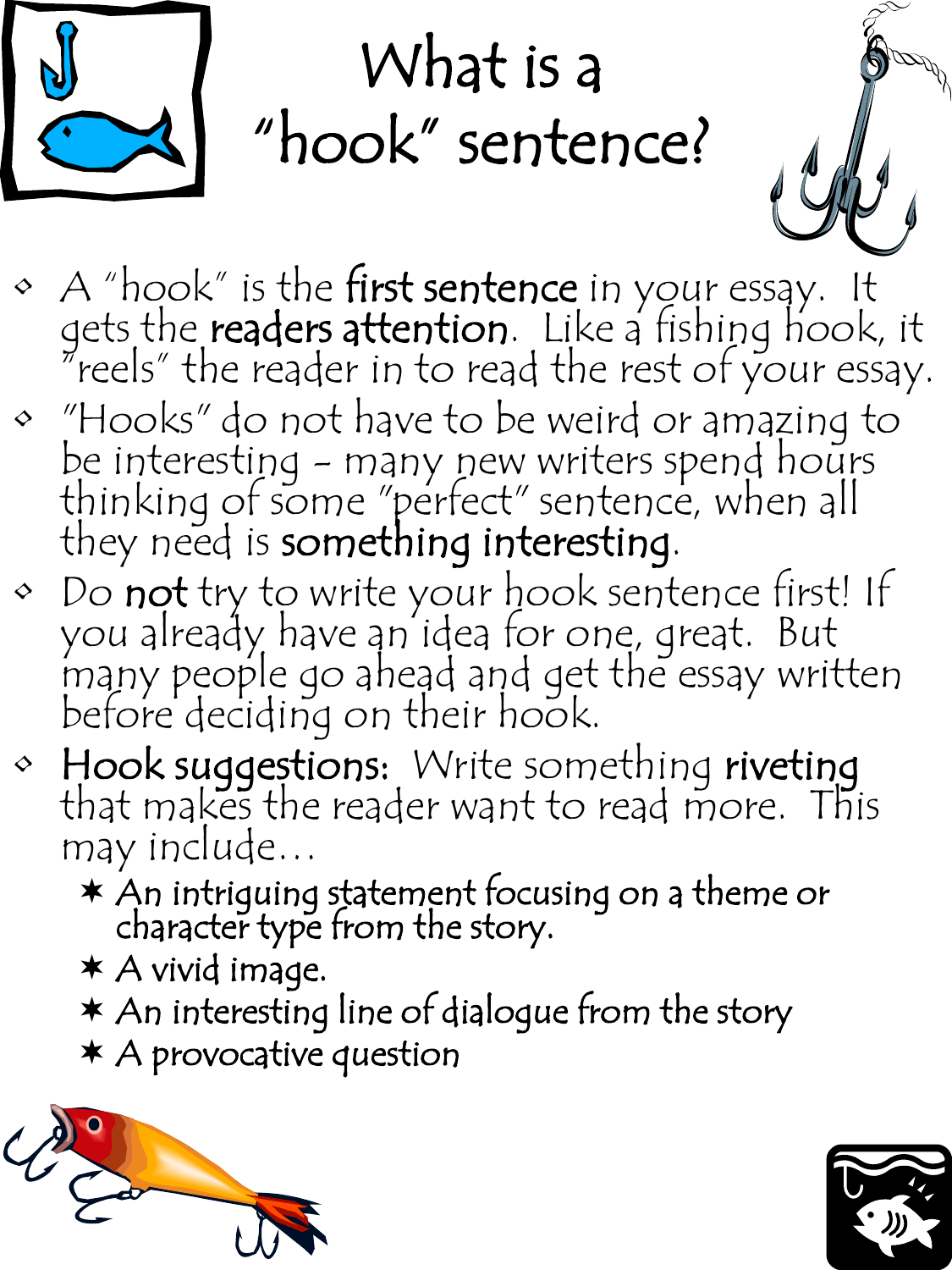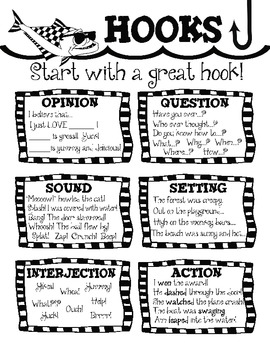


”Īntoine de Saint-Exupery’s theoretical ship builders would find his call-to-act irresistible, not because they longed to hammer some planks together, but because they longed for the sea. We need to admit that, yes, others create covering, just like us…but only we. The reason WHY others care is the hook, not the topics. WHAT we explore does not make our work irresistible. Given all of this, here’s the hard truth we should be embrace more readily: You’re one of many blogs about business, or podcasts about music, or video series deconstructing the created work of artists you admire. Even if the story is somehow wholly unique, your audience will still group you with other things in their minds. Yes, others create stuff about similar topics and themes. Taking it that one step further to articulate what only we do forces us to think critically about the actual value we provide to others…or don’t provide. ”Įvolved even further, to be even more useful, we end up here: “This is a about. In other words, “This is a about, where we. The premise combines both your content’s topics and your hook. This gives the audience a reason WHY they should care. It also describes HOW you explore those topics. The premise describes more than WHAT your show explores.

This XY framework is most effective in the world of showrunning when crafting your show’s premise - the overarching idea fueling every decision you make and every episode you publish. I like using something called the XY framework to describe the hook. “What’s our hook? What’s our refreshing twist on the familiar themes our content explores?” What is a Hook? It’s what separates you from the noise and brings people back for more.Īll of this means we should stop today and ask ourselves this question: It’s what they discuss when referring others to you. It’s what causes your exploration and ideas to resonate, emotionally, with the audience. I’d add that the hook should also make your work memorable. The quest is one of six different types of hooks that make your content irresistible to others.Īs defined by marketing author and keynote speaker Andrew Davis, a hook is a refreshing twist on a familiar theme designed to ensnare your audience. This is an example of motivating people using something called the quest - a call to adventure, a rally cry to join a journey of understanding or discovery, even if it’s intellectual and not physical. Instead, teach them to yearn for the vast and endless sea.” “If you want to build a ship, don’t drum up the men to gather wood, and divide the work, and give orders. He also knew a thing or two about motivating others. Antoine de Saint-Exupery was a French aviator, writer, and author of The Little Prince.


 0 kommentar(er)
0 kommentar(er)
